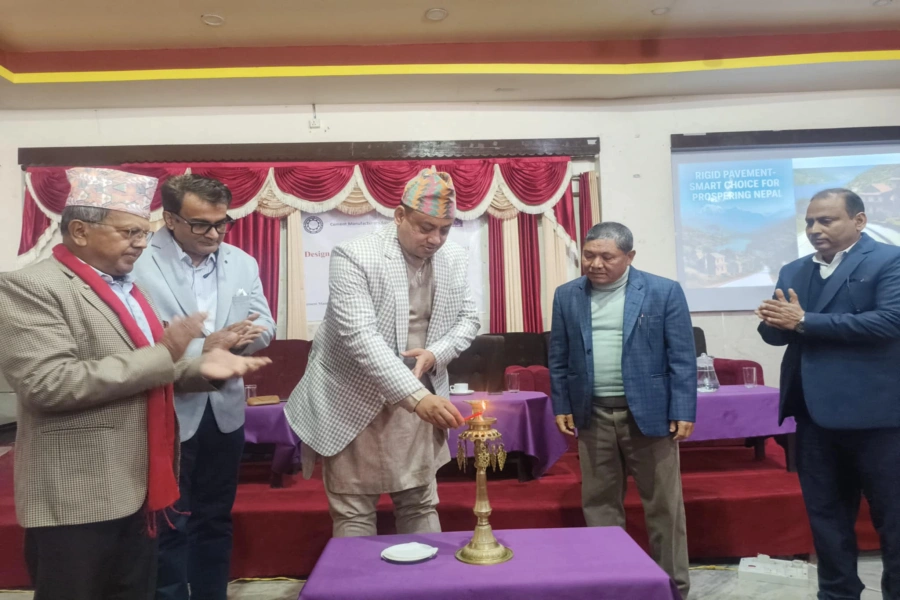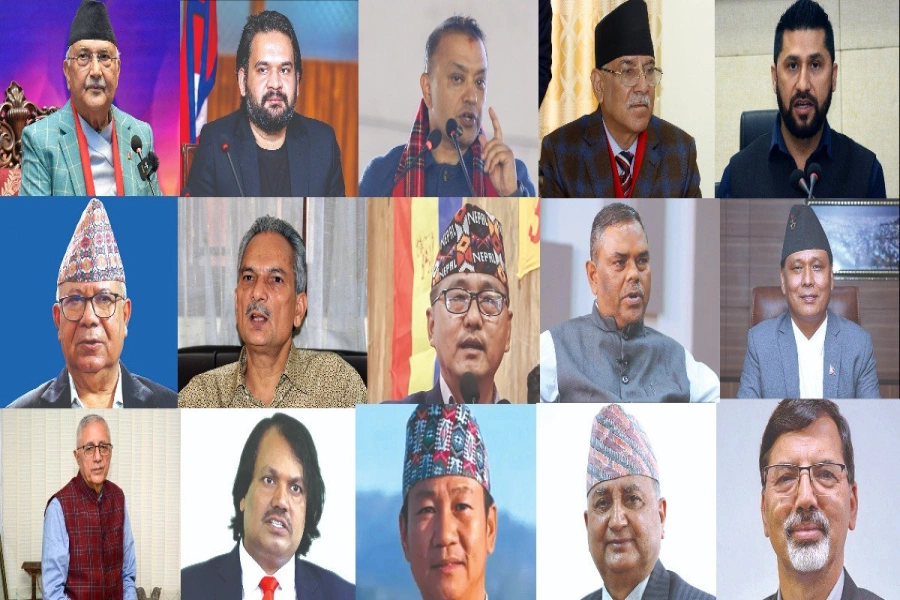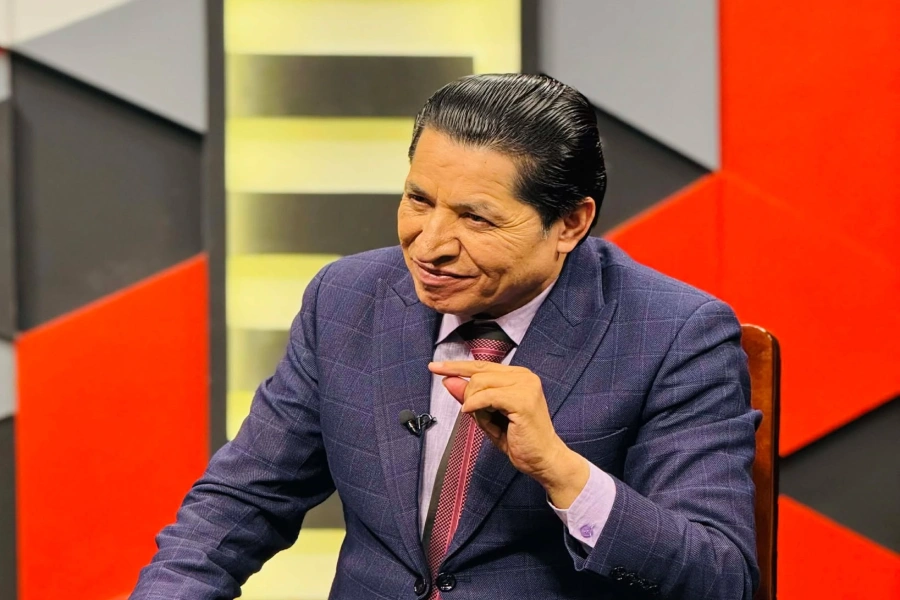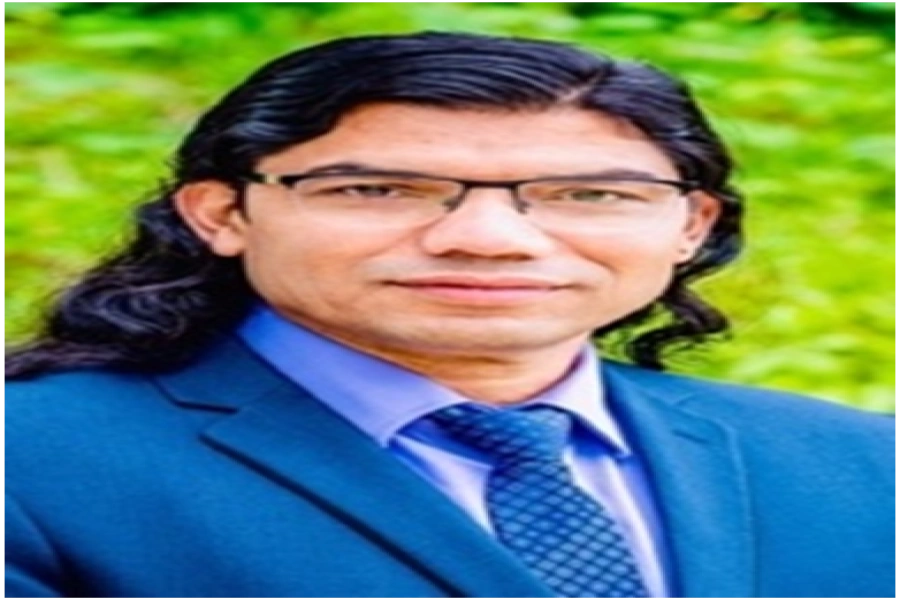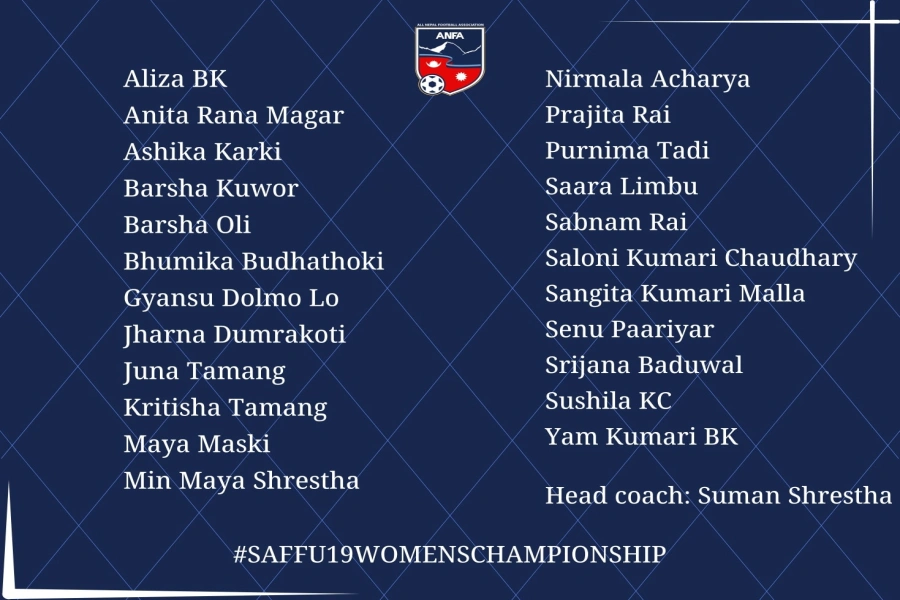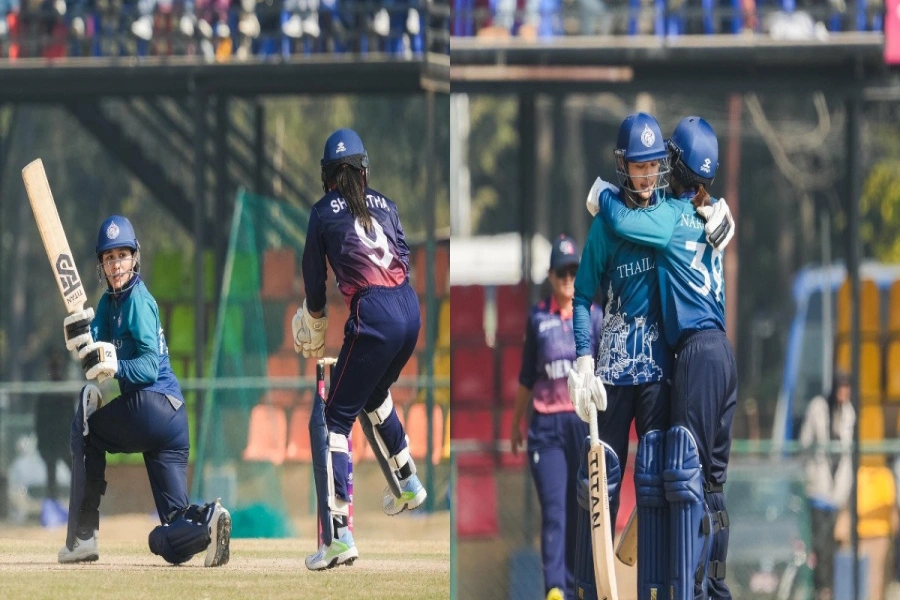The more Prime Minister Oli wastes time dishing out slogans and false promises, the more he will be pushing the country to the brink
If we can have Jana Andolans I and II why can’t we have Jana Andolan III? Didn’t we have Madhes Andolans I, II and III? Following a similar logic, the monarchists may claim if Gyanendra can be crowned twice then why can’t he be crowned thrice? Sounds logical but the problem is that politics does not follow a linear pattern.
Still one can detect a pattern here. At an interval of every ten years, we are having political changes. These changes have accompanied natural (earthquake) or man-made (palace massacres, insurgency) disasters. So is the ground being created for another political change in Nepal?
If history is any guide, for a political change to happen in Nepal, few conditions should exist. First, there must be an internal dissent often expressed in terms of mass street protests, possibly, accompanied by some degree of violence like injuries or deaths as a result of police actions. Second, the external environment must be propitious. External pressure needs to be exerted on the regime or a direct or tacit support given to the oppositional politics. In Nepal, often external pressure implies pressure from southern neighbour. Third, there must be a spark to ignite political tensions. In 1980, the student riot, sparked by the execution of Pakistani Prime Minister Zulfikar Ali Bhutto in 1979, led to the political change. Similarly, in the 1990s, tensions were sparked by global political events—collapse of communism plus Nepal-India trade and transit dispute. Fourth, political changes must scrap existing constitution and give birth to a new one. The current constitution is the seventh in the series spanning over 70 years of political history. Note, we are having, on an average, one constitution per decade. Fifth, political settlement has to be negotiated. This is a unique feature of Nepali politics. Instead of total annihilation of the opponents (imprisonment, banishing, killing etc) as found in other countries, political opponents are accommodated in Nepal. This is the single reason why former king is roaming around as if he is still at the helm of power.
Happy Constitution Day!

Attack on constitution
When we were at the verge of drafting a new constitution in 2015, an expert from Germany predicted that the new constitution would last 20 years and, in between, there will be nine amendments. The prediction looks absurd as well as surprising, yet it is based on probability frequency distribution of longevity and amendments of constitutions for a large sample of countries, including Nepal.
Already, two amendments in the constitution have been made, albeit one with a failure and the demands for amendments have not fazed out. No one is sure about the number of amendments to be made and the longevity of this constitution. As in 1990, there is also no dearth of politicians who assume the present constitution to be the best. It could be the most expensive constitution but definitely not the best one.
Primarily, the assaults on the constitution have come from three quarters.
First, there are groups vehemently opposed to the constitution. Within this group, one can find a number of sub-groups with overlapping interests. These include pro-monarchist, pro-Hindu, pro-nationalist, anti-federalist, anti-secular and anti-republic groups. One can also add anti-corruption and pro-good governance groups to this list. One should note that pro-Hindu and anti-secular groups may have overlapping interests but are not necessarily the same. Same goes with pro-monarchy and anti-republic groups. The modus operandi of these groups differs widely. They range from comrade Biplav seeking to re-enact Maoist insurgency to civil society groups seeking street agitations to topple the regime to RPP factions calling national referendum on secularism, federalism and republic. Some even have an agenda to scrap the constitution and switch back to the constitution of 1990. They have a wide variety of agenda like the issue of citizenship, controlling corruption, proselytization, border encroachment, threats of Sikkimization, youth unemployment, Ncell scam and voting rights of Nepalis staying abroad.
If there is any unifying force among these groups then it is that they commonly believe that the constitution has been drafted at the behest of foreigners.
The second group of opponents include people who do not reject the constitution per se but oppose it on the ground that it is not liberal or is not inclusive in character. This group of opponents consists of Madhesis, Janajatis, Dalits, Muslims, women and other minority groups. Their argument is that the constitution only serves the interests of handful of ruling elites who have concentrated and monopolized the power and dominated politics, judiciary, bureaucracy and security forces. Their main demand is to amend the constitution so that it is more inclusive, more federal with increased power-sharing at the national, provincial and local levels. The problem with this group is that there are Dalits within a Dalit community. In Tarai plains, hill Brahmins are replaced by Tarai Brahmins.
How are they going to address these problems? They have not come up with solutions.
The enemy within
The third group is the enemy within. One might ask: How is it possible for the party to oppose the very system it has taken the oath to protect and promote? The main agency here is the double-headed, Janus-faced Nepal Communist Party (NCP) currently ruling the roost. I call them Janus-faced because they are communist in outfit but have a capitalist orientation. They believe in one party system but have willy-nilly accepted multiparty democracy. They claim to have progressive character but adopt repressive measures. Such repression is moving from verbal to physical. Either by their actions or inactions, the ruling party is ruining the constitution. They are tampering with secularism, federalism and human rights agenda.
The enemy within is far more dangerous than the enemy outside. By capturing state apparatus and promoting kleptocracy, ruling party has created a massive public despair and discontent. This might ignite next round of political agitation. The more Prime Minister K P Oli gets engaged in foreign junkets, waste time dishing out slogans and false promises, the more he will be pushing the country to the brink. That is for sure.






